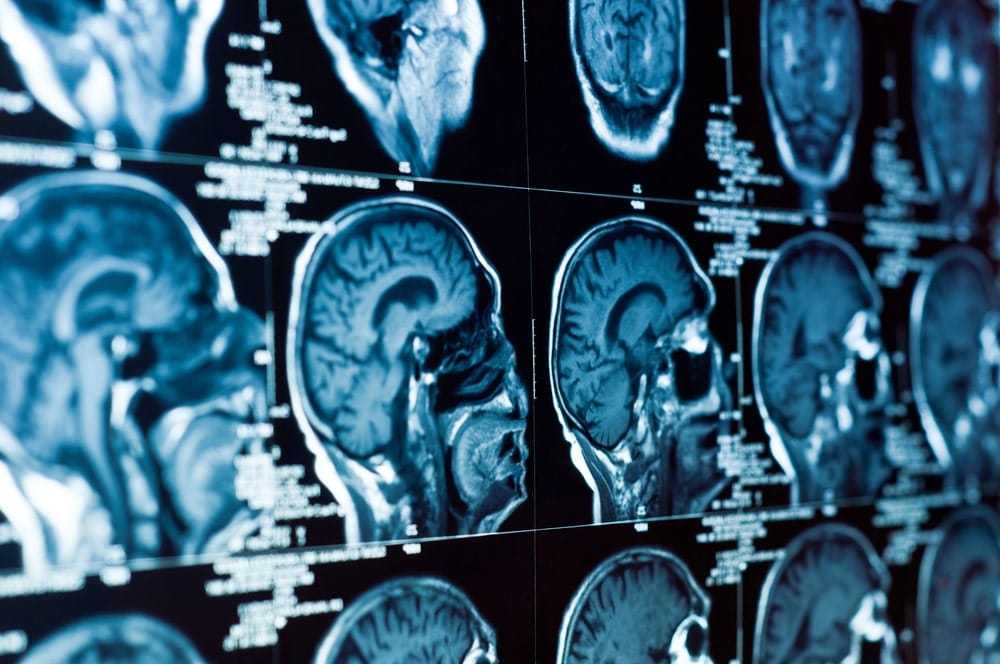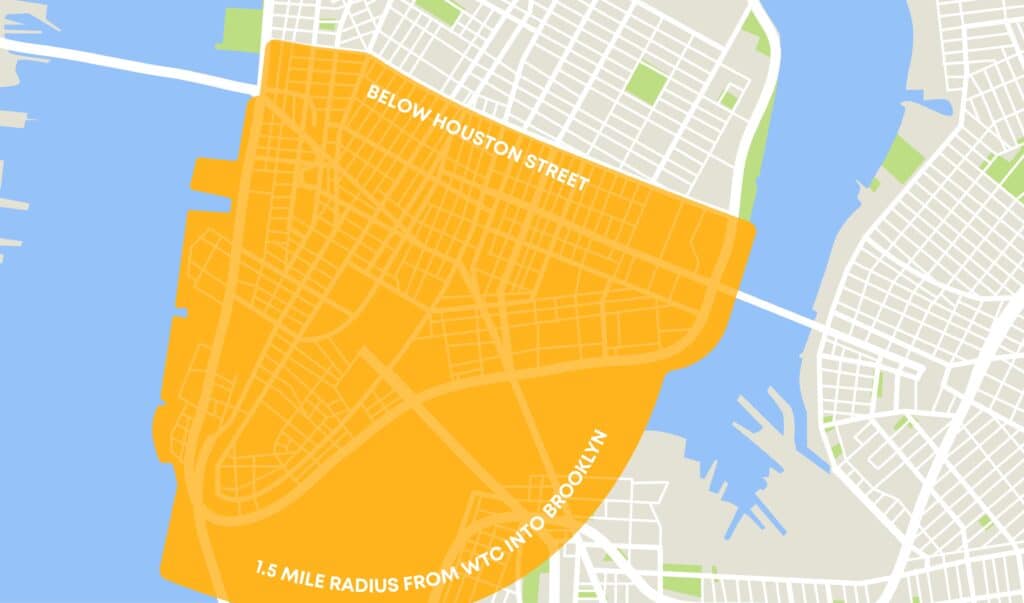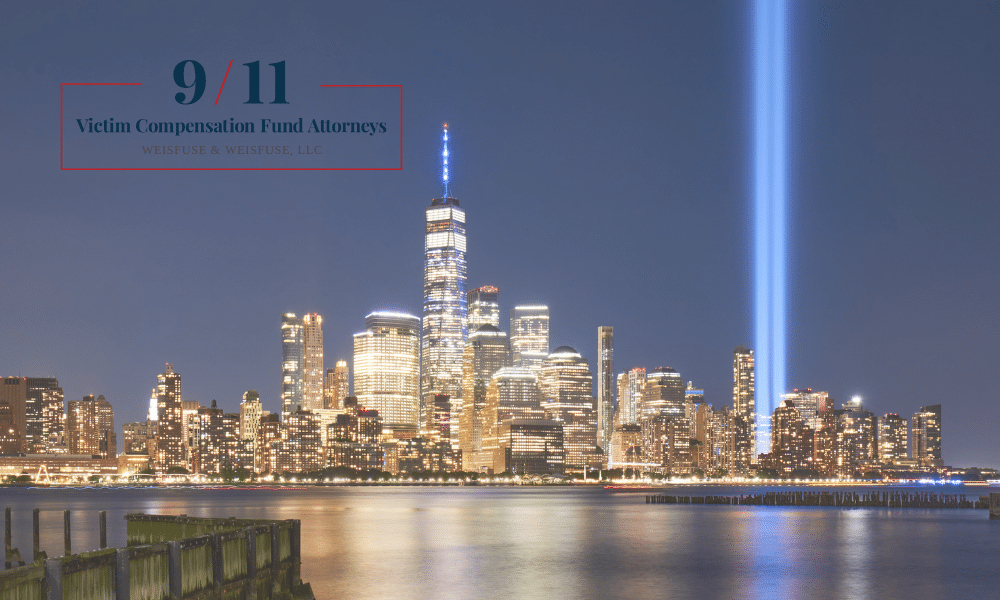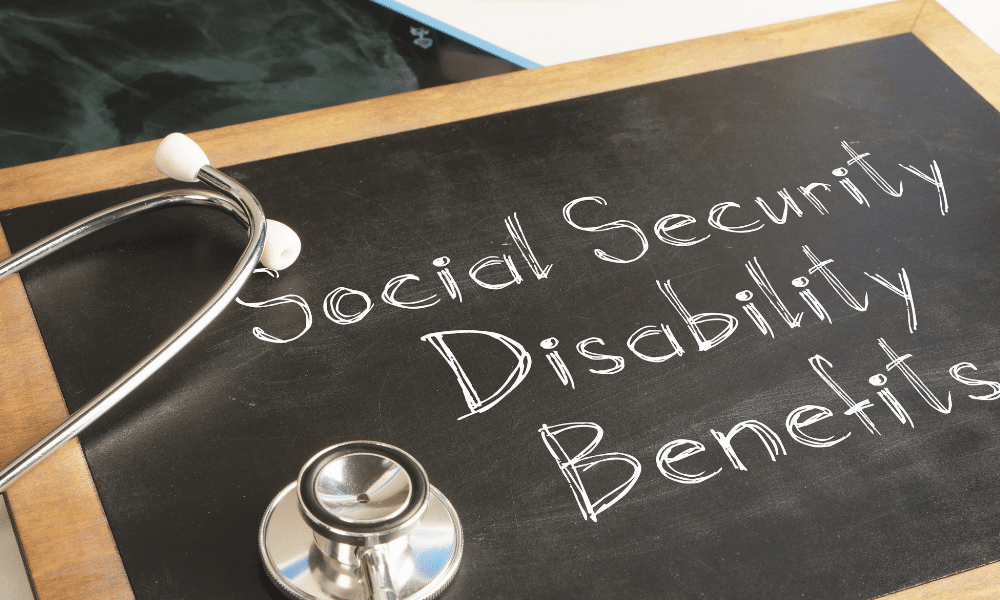
9/11 Brain Cancer Victim Compensation Fund Claims
Brain cancer is one of the many serious illnesses linked to toxic exposure at Ground Zero. The World Trade Center Health Program (WTCHP) officially recognizes brain cancer as a 9/11-related condition, making affected individuals eligible for free medical treatment and compensation through the September 11th Victim Compensation Fund (VCF).
Brain cancer and 9/11 payouts
If you lived, worked, studied, or responded in Lower Manhattan between September 11, 2001, and May 30, 2002, and have since been diagnosed with brain cancer, you may qualify for both financial benefits and lifelong healthcare. Studies show elevated rates of brain cancer in those exposed to known carcinogens—including benzene, dioxins, polycyclic aromatic hydrocarbons (PAHs), and heavy metals—in the 9/11 dust cloud.
At Weisfuse & Weisfuse, LLC, our 9/11 cancer attorneys help clients navigate the WTCHP and VCF application process from start to finish. If you’ve been diagnosed with brain cancer and believe it may be linked to your 9/11 exposure, contact us today to explore your eligibility and begin your claim.
What is Brain Cancer?
Brain cancer is the uncontrollable growth of cells in the brain, which can form cancerous tumors. At Weisfuse & Weisfuse, LLC, our skilled legal team has helped hundreds of first responders and survivors obtain the health care and compensation they deserve. Contact us today at 212-983-3000 for a free and confidential consultation about bringing a 9/11 brain cancer claim.
Symptoms of Brain Cancer
As tumors grow, they may press on nearby areas of the brain, damaging brain cells and altering the patient’s behavior and functional abilities. Symptoms depend on the brain’s area in which the tumor is located, as different areas control different functions.
Symptoms of brain cancer may include:
- Difficulty walking, balancing, or coordinating movements;
- Abnormal muscle movements, such as twitching and jerking;
- Lapses in memory or judgment;
- Cloudy thinking;
- Problems with vision or speech;
- Uncharacteristic behavior or sudden personality changes;
- Seizures;
- Numbness or tingling in the extremities (arms and legs);
- Headaches; and
- Nausea and vomiting.
How Is Brain Cancer Diagnosed?
Due to the rarity of brain cancer and the ubiquitous nature of its symptoms in other conditions, doctors will generally perform several tests to rule out all other possibilities before diagnosing a patient with brain cancer. This includes neurological testing and cranial imaging using MRI or CT scans. If a doctor finds a tumor on the patient’s scan or believes that a tumor is causing the resulting symptoms, they may operate in order to extract a tissue sample and perform a biopsy. A brain biopsy will help to determine if the tumor is benign or malignant.
In actuality, the most cancerous brain tumors are a metastasized form of another cancer, which means they grew due to another type of cancer spreading to the brain. If a physician concludes that a brain tumor is cancerous, they will most likely order more tests to ascertain if the patient has cancer in another region of the body. For example, some brain tumors are metastasized forms of melanoma, a rare but hazardous form of skin cancer. Cancer that originates in the brain is typically referred to as “primary brain cancer.”
How Is Brain Cancer Treated?
If the tumor is a form of primary brain cancer, treatment options will depend on whether the tumor is operable. In some cases, brain tumors form in areas of the brain that a surgeon cannot access without causing significant damage to other parts of the brain. If this is the case, the doctor may prescribe medications and therapies designed to shrink the tumor. Many brain tumors respond well to chemotherapy and radiation.
Suppose another type of cancer caused the brain tumor. In that case, the patient will most likely need to undergo aggressive treatment for the primary cancer, as a brain tumor indicates that the primary cancer is spreading. It’s likely that the treatments the individual receives for their primary cancer, such as chemotherapy and radiation, will also treat the brain tumor.
Patients receiving treatment for a brain tumor may need supplemental medical treatment to counteract the effects of the tumor on other cancer therapies. For example, if the tumor has damaged a part of the brain responsible for coordination and balance, the patient may need to attend physical therapy sessions to improve muscle control and movement ability.
Due to its rarity and the delicacy which treatment requires, there is still much to learn about brain cancer. As such, the prognosis for recovery from brain cancer varies widely, depending on the location of the tumor, its size, and the cause (whether it was primary brain cancer or a metastasized form of another cancer).
The World Trade Center Health Program (WTCHP) provides treatment to responders and 9/11 survivors with brain cancer. This program also provides cancer monitoring for the 9/11 community to provide early detection and improve outcomes. Even if a survivor has not been diagnosed with cancer, it is wise to take part in the WTCHP medical monitoring program as a precautionary measure.
Brain Cancer Medical Sources:
https://www.sciencedaily.com/releases/2019/01/190117090432.htm
https://www.healthline.com/health/brain-cancer#symptoms
Link Between Brain Cancer and 9/11
Due to known toxins such as lead in the dust clouds and rubble at the disaster sites, brain cancer occurs at a much higher rate in 9/11 first responders than in the general public. In addition, the prevalence of other cancers in this community further increases the chances of brain tumors. A 2019 study by Rutgers University found that diagnoses of head and neck cancers among first responders increased by 40 percent in a three-year span, an alarming rate considering their relative rarity. Those older than 55 are at a heightened risk for developing these cancers, which could spread to the brain.
Brain Cancer and 9/11 VCF Payouts
Anyone who was present on 9/11 or in the aftermath and is suffering from brain cancer may be eligible to enroll in the WTC Health Program, which provides for the unique healthcare needs of 9/11 responders and survivors, including expanded medical testing and screenings for various 9/11 health conditions like brain cancer.
Even victims who feel well at present may seek these screenings; first responders, volunteers, and those who lived, worked or studied near Ground Zero may qualify for access to these preventative and potentially life-saving measures. Additionally, once enrolled in the WTC Health Program, victims may be able to apply for financial compensation from the September 11th Victim Compensation Fund (VCF).
Treatment Options for World Trade Center Survivors
World Trade Center survivors diagnosed with brain cancer have several treatment options. Surgery is typically the first step, aiming to remove as much of the tumor as possible. Neurosurgery, which targets tumors in the brain and nervous system, may be required in more complex cases. Following surgery, chemotherapy, radiation, and targeted drug treatments are often administered to address any remaining cancer cells. A comprehensive treatment plan should also include rehabilitation, pain management, and nutritional support to aid in recovery and improve overall well-being.
Contact Weisfuse and Weisfuse, LLC Today
The qualified 9/11 cancer attorneys at Weisfuse and Weisfuse, LLC are prepared to help victims of 9/11-related brain cancer navigate the complex process of filing their VCF claim, always submitting a medically-supported optional impact statement on their behalf. We have an impressive track record of collecting substantial compensation for our clients, allowing them to focus on their health while ensuring that they receive the compensation they deserve. Call Weisfuse and Weisfuse, LLC today at 212-983-3000 for a free and confidential consultation.







